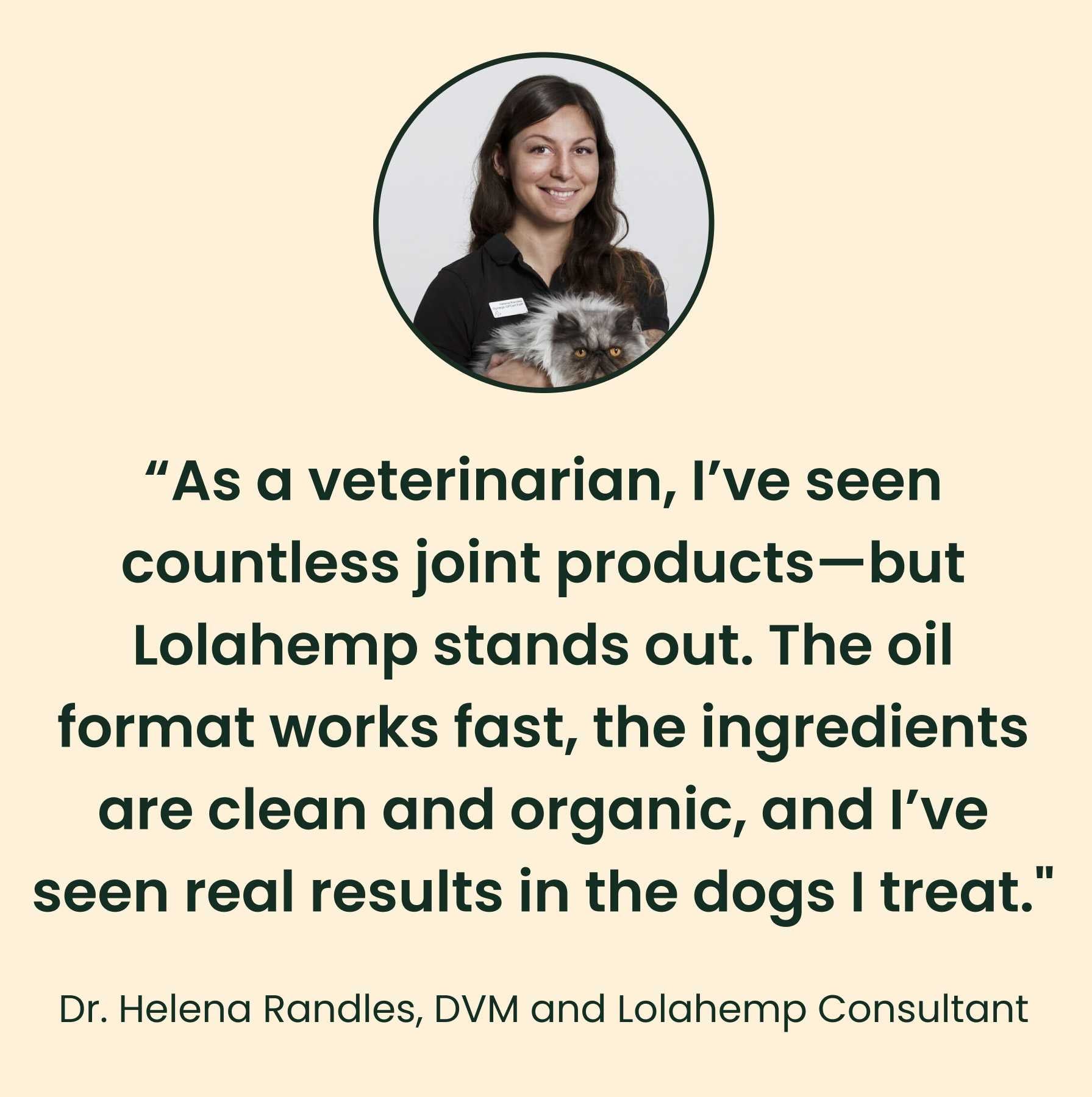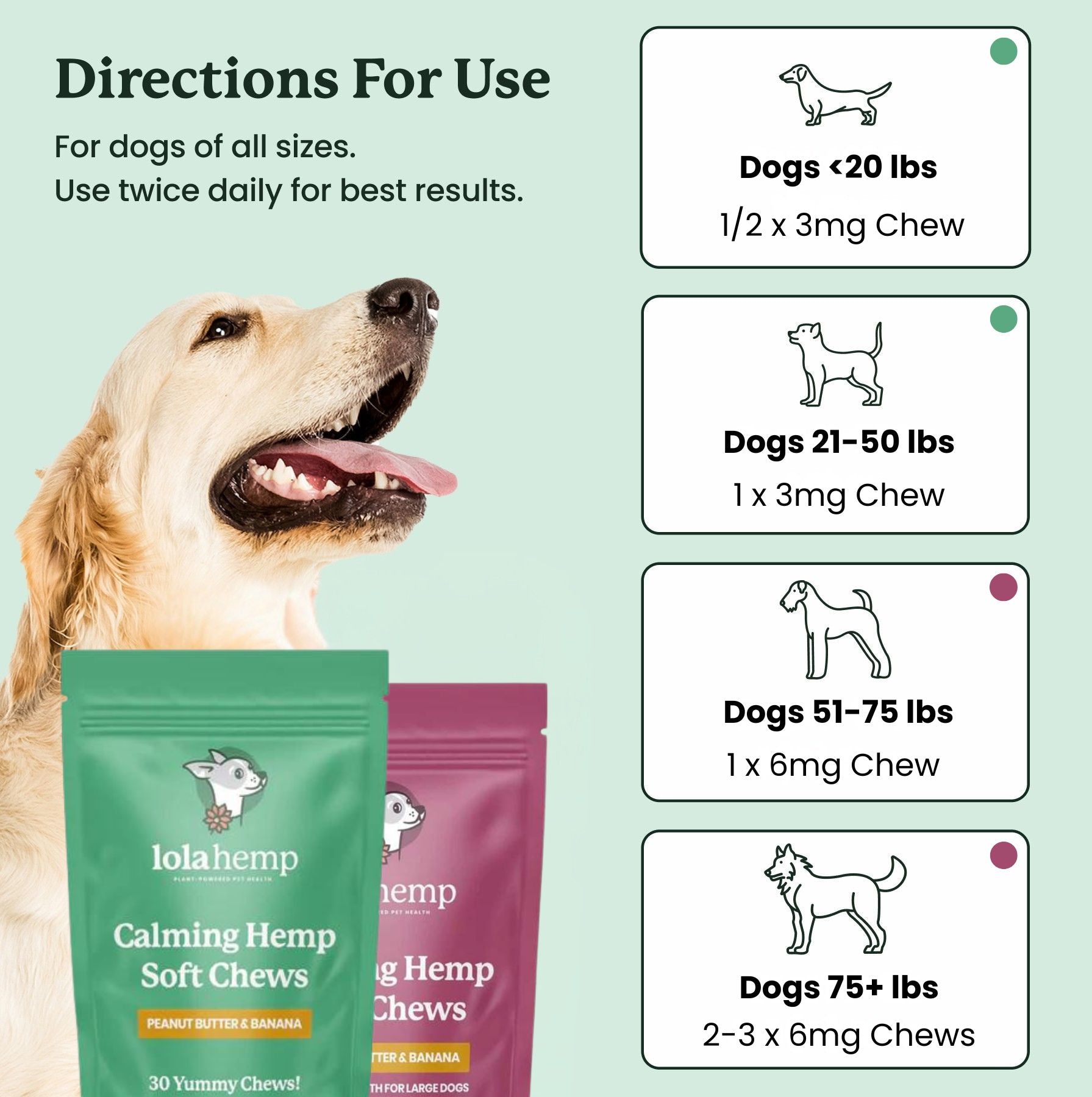Sugar is one of those things most of us know isn’t great for dogs, but why? We might hear warnings about it all the time, but the reasons behind it aren’t always explained, or sometimes it just feels harmless to share a sweet bite with your pup. Understanding why sugar is risky for dogs can give you the reinforcement you need to avoid slipping them candy or other human foods that may not be safe.
The short answer is that added sugars and excess natural sugars are not good for dogs. While sugar itself isn’t considered a toxin in the way chocolate or xylitol are, it still poses health risks when consumed in amounts outside what a dog’s body is designed to handle.
- Why Are Sugars Bad for Dogs?
- Can Dogs Have Natural Sugars From Fruits and Veggies?
- Conclusion
- Frequently Asked Questions About Sugar and Dogs
- 1. Why is sugar bad for dogs?
- 2. Can dogs eat fruit that contains natural sugar?
- 3. What happens if my dog eats too much sugar?
- 4. Is sugar toxic to dogs like chocolate or xylitol?
- 5. Can I give my dog baked goods or desserts?
- 6. What are healthier treat options for dogs?
- 7. How much natural sugar can dogs have per day?
Why Are Sugars Bad for Dogs?
There are a few big reasons why sugar isn’t recommended for dogs, especially when it comes to added sugars found in candy, desserts, or processed foods. Dogs don’t need refined sugar in their diet, and it doesn’t offer them any nutritional benefit.
1. Weight Gain and Obesity
Extra sugar adds unnecessary calories to your dog’s diet, leading to weight gain over time. Just like in people, obesity in dogs can increase the risk of joint problems, heart disease, and a shorter lifespan.
2. Dental Health Issues
Sugar contributes to plaque buildup and tooth decay. Dogs aren’t brushing their teeth after a sweet treat, so the more sugar they get, the more their dental health can suffer.
3. Risk of Metabolic Problems
Too much sugar can affect your dog’s blood sugar levels, potentially leading to insulin resistance over time. While sugar itself isn’t toxic, it can add strain to your dog’s system and increase the risk of diabetes and other chronic issues.
Can Dogs Have Natural Sugars From Fruits and Veggies?
Natural sugars from whole foods are very different from refined sugar. Fruits and vegetables contain fiber, water, and nutrients that help balance out their sugar content. That said, moderation is key.
Safe Fruits and Veggies
Small amounts of dog-safe fruits like blueberries, apples, bananas, and watermelon can be a healthy treat. Veggies like carrots, green beans, and cucumbers also offer crunch without excess sugar. These options provide vitamins, antioxidants, and hydration in addition to their natural sweetness.
Moderation Matters
Even with natural sources, it’s best to keep sugar intake limited. Too much fruit can still upset your dog’s stomach or contribute to weight gain. A few bites as a treat is generally fine, but fruits and veggies should not replace a balanced diet designed for dogs.
Conclusion
Sugar isn’t toxic for dogs in the same way chocolate or xylitol are, but it doesn’t belong in their diet either. Added sugars from candy and processed foods offer no health benefits and only increase the risk of problems. Natural sugars from fruits and vegetables can be safe in moderation, but they should only be a small part of your dog’s routine. The best bet is to stick with healthy, dog-specific treats and keep sweets off the menu. Your dog doesn’t need sugar to be happy, and their long-term health will thank you for keeping it away.
Frequently Asked Questions About Sugar and Dogs
1. Why is sugar bad for dogs?
Dogs don’t need added sugars, which contribute to weight gain, dental problems, and metabolic stress. Excess sugar offers no nutritional value and can lead to long-term health issues.
2. Can dogs eat fruit that contains natural sugar?
Yes, in moderation. Fruits like blueberries, apples, and watermelon provide fiber and nutrients, but should only be given in small amounts as treats.
3. What happens if my dog eats too much sugar?
Too much sugar can cause stomach upset, hyperactivity, and over time may contribute to obesity, insulin resistance, and diabetes.
4. Is sugar toxic to dogs like chocolate or xylitol?
No, sugar itself isn’t toxic, but it’s unhealthy. Unlike xylitol, which can be deadly even in small doses, sugar mainly causes long-term health problems.
5. Can I give my dog baked goods or desserts?
It’s best not to. Many desserts contain added sugars, fats, and sometimes xylitol, which is toxic. Stick to dog-safe treats instead.
6. What are healthier treat options for dogs?
Try dog-safe fruits, vegetables, or CBD chews made for dogs as healthy alternatives to sugary snacks.
7. How much natural sugar can dogs have per day?
There’s no set daily limit, but treats—including fruits—should make up no more than 10% of your dog’s total diet.










